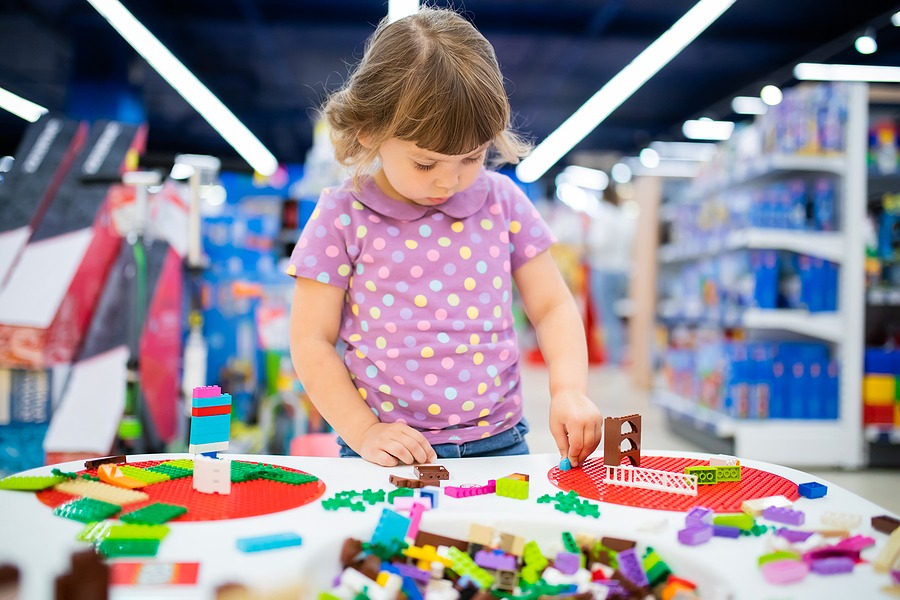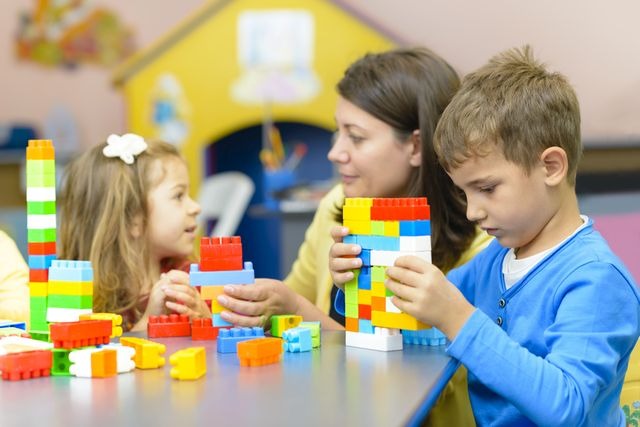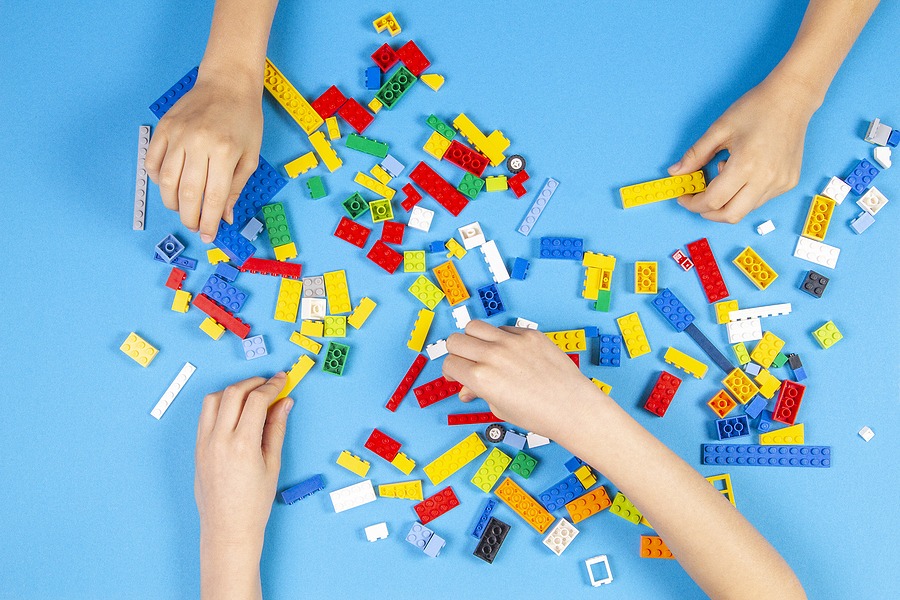Lego is a Danish toy company that is known worldwide for its colorful interlocking plastic bricks. The company was founded in 1932 by Ole Kirk Christiansen and has since grown into a multinational corporation with a presence in over 140 countries. Lego’s products are designed to encourage creativity and imaginative play in children and adults alike, and the brand is synonymous with quality, durability, and innovation.

Lego’s product line includes not only the iconic bricks, but also a range of themed sets based on popular franchises such as Star Wars, Harry Potter, and Marvel Superheroes. In addition, the company produces a variety of other products, such as video games, clothing, and theme parks.
Lego has been recognized for its commitment to sustainability, with efforts to reduce waste and use environmentally friendly materials in its production process. The company has also been praised for its philanthropic work, including partnerships with UNICEF and the World Wildlife Fund.
Introduction to the Importance of Imaginative Play in Child Development
Imaginative play, also known as pretend play, is an essential aspect of child development. It allows children to explore and understand the world around them, develop social skills, and promote creativity and problem-solving abilities. Play is also crucial for healthy brain development, as it helps to build neural connections and strengthen cognitive and emotional development.
Lego, as a brand that promotes imaginative play, has been recognized for its positive impact on child development. Lego’s sets and blocks are designed to encourage children to use their imaginations and creativity to build and create, promoting the development of skills such as spatial reasoning, problem-solving, and critical thinking.
Research has shown that imaginative play can lead to a variety of benefits for children, including improved social skills, enhanced language development, and better emotional regulation. By engaging in pretend play, children can learn to work together, negotiate, and communicate effectively, which can have a positive impact on their relationships with peers and adults.

Lego’s commitment to promoting imaginative play has made it a popular choice for parents and educators alike. The company’s sets and blocks have been used in schools and early childhood education programs to promote creativity, problem-solving, and social-emotional development. Overall, Lego’s focus on imaginative play has helped to promote the development of a range of skills that are critical for success in both academic and personal settings.
Lego’s Unique Role in Promoting Imaginative Play
Lego is a well-known toy brand that has been around for over 80 years. Its popularity is attributed to its ability to inspire imaginative play among children. Lego provides an open-ended building system that allows children to construct their own creations and engage in imaginative play. This process of creating, exploring, and experimenting is an essential aspect of child development.
Through imaginative play with Lego, children can develop a range of skills, such as problem-solving, critical thinking, spatial awareness, and motor skills. Children learn to think creatively and develop their own ideas, which is important for their overall cognitive and emotional development. Lego’s emphasis on imaginative play helps children to build their self-esteem and confidence, as they take ownership of their creations and engage in imaginative play scenarios with other children.
Lego also provides a social aspect to imaginative play, as children can build and play together, learning to collaborate, communicate, and negotiate with one another. This social interaction is important for the development of social skills, empathy, and emotional regulation.
In addition to its role in promoting imaginative play, Lego has also been recognized for its therapeutic benefits in areas such as autism and other developmental disorders. Lego therapy, also known as brick therapy, is a structured form of play therapy that utilizes Lego to help children develop social skills, communication, and emotional regulation.
Overall, Lego’s unique building system and emphasis on imaginative play provide children with a fun and engaging way to develop a range of important skills, while also promoting social interaction and emotional wellbeing.
Cognitive and Motor Skill Development through Lego Play
Lego play has been found to be beneficial for the cognitive and motor skill development of children. Playing with Lego bricks requires children to use their imagination, problem-solving skills, spatial awareness, and hand-eye coordination. These skills are important for developing cognitive and motor skills that are necessary for academic success and overall development.
Studies have shown that playing with Lego bricks can improve children’s spatial skills, which is the ability to visualize objects in three dimensions. This skill is important for tasks such as reading maps, understanding diagrams, and assembling furniture. Lego play has also been shown to improve fine motor skills, such as the ability to manipulate small objects with precision and dexterity.
Moreover, Lego play can help improve children’s creativity, as it allows them to build and create their own structures and designs. This encourages children to think outside of the box and come up with unique solutions to problems. It also promotes a sense of achievement and confidence when children successfully complete a Lego model or create something new.
Overall, Lego play provides a fun and engaging way for children to develop important cognitive and motor skills that are necessary for academic and personal success.
Conclusion: Lego’s Enduring Legacy in Child Development
Lego’s enduring legacy in child development is undeniable. Through its focus on imaginative play, the company has created a product that encourages children to explore and create, promoting cognitive and motor skill development in the process. Lego’s commitment to producing high-quality building blocks has led to its continued success over the years, as generations of children have grown up with the iconic toy. With its emphasis on creativity, innovation, and learning, Lego remains a beloved and important part of childhood development, inspiring children to dream big and pursue their passions.




